White House Watch: Trump 44%, Clinton 37%
Just days before the Republican National Convention is expected to formally nominate him for president, Donald Trump has taken his largest lead yet over Hillary Clinton.
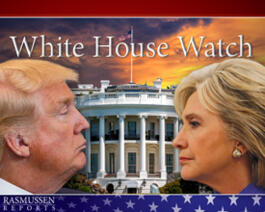
Just days before the Republican National Convention is expected to formally nominate him for president, Donald Trump has taken his largest lead yet over Hillary Clinton.

While Americans are facing a record level of college-related debt, support remains low for forgiving student loans or taking the further step of having the government pay for students who can't afford to go to college.
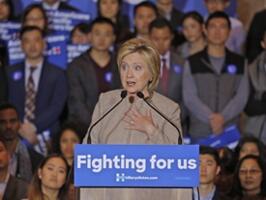
Democrats are a lot more enthusiastic about Hillary Clinton’s plan for so-called “free” college than other Americans are, but all agree that taxpayers will be the ones who pick up the tab.

Claims about racist cops from groups like Black Lives Matter lead more people to fear and hate the police.

There can be no dispute that Barack Obama was forced to wade through unprecedented bigotry in his speedy ascent to the most powerful perch in the world. His predecessor, George W. Bush, called it the “soft bigotry of low expectations.”

If Black Lives Matter, then why have entrenched members of the Congressional Black Caucus spent more time enriching themselves than taking care of their neglected constituents?

Americans strongly believe the media is emphasizing shootings by police officers involving black suspects over ones in which whites are shot and that that media coverage is prompting attacks on police.

In their influential 1970 book The Real Majority, political demographers Richard Scammon and Ben Wattenberg identified the individual they saw as the American “Middle Voter.” This person was a metropolitan “middle-aged, middle-income, middle-educated, Protestant, in a family whose working members work more likely with hands than abstractly with head.” They then drilled down a little deeper: “Middle Voter is a forty-seven-year-old housewife from the outskirts of Dayton, Ohio, whose husband is a machinist.” Scammon and Wattenberg did not actually have a specific person in mind. Their description of Middle Voter was an archetype, but after the book was published, Wattenberg said, “I do not know for sure if the lady exists. But I suspect that if you looked hard enough, you’d find her.”
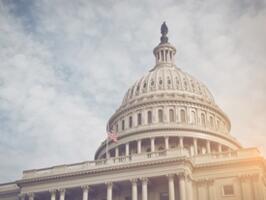
Democratic voters are far more confident than Republicans that their representatives in Congress will be an asset to their presidential nominee this November.

After the massacre of five Dallas cops, during a protest of police shootings of black men in Louisiana and Minnesota, President Obama said, "America is not as divided as some have suggested."

When the Republican and Democratic national conventions gather in successive weeks in Cleveland and Philadelphia, respectively, one item on their plates will be reconsideration of their parties' nominating rules. Just about everyone agrees that they are unsatisfactory in some way or another, and many itch to do something about it.

There was never a more appropriately named book than "The War on Cops" by Heather Mac Donald, published a few weeks ago, on the eve of the greatest escalation of that war by the ambush murders of five policemen in Dallas.

While police killings are escalating in America, voters are less convinced that there is an actual war on those in blue, although most still blame politicians who are critical of the police for making their jobs more dangerous. But blacks and whites sharply disagree on both questions.

Twenty-six percent (26%) of Likely U.S. Voters think the country is heading in the right direction, according to a new Rasmussen Reports national telephone and online survey for the week ending July 7.
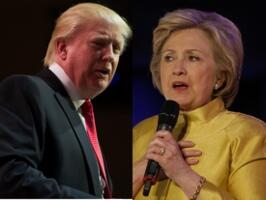
Democrats are much more confident than Republicans are that their presidential nominee will help their congressional candidates win in November.
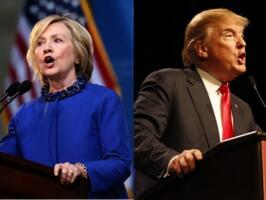
Most voters have difficulty swallowing President Obama's superlatives for Hillary Clinton on the campaign trail last week and now rate her and Donald Trump equally when it comes to their preparedness for the White House.
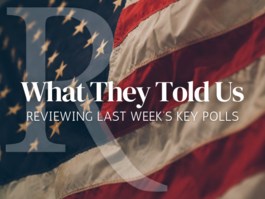
The presidential race remains too close to call, even with a third-party candidate in the mix, and now we can add the murder of five Dallas police officers to the issues weighing on voters’ minds.

Voters still don't think much of Congress, and that includes the members they elect themselves.

Who are you going to believe: us, or your lying eyes? That's the good word from Democratic Party powers that be and their transcribers in the corporate media, in response to the "allegations" by Bernie Sanders supporters that the nomination was stolen by Hillary Clinton.

Does Hillary Clinton possess the integrity and honesty to be president of the United States? Or are those quaint and irrelevant considerations in electing a head of state in 21st-century America?